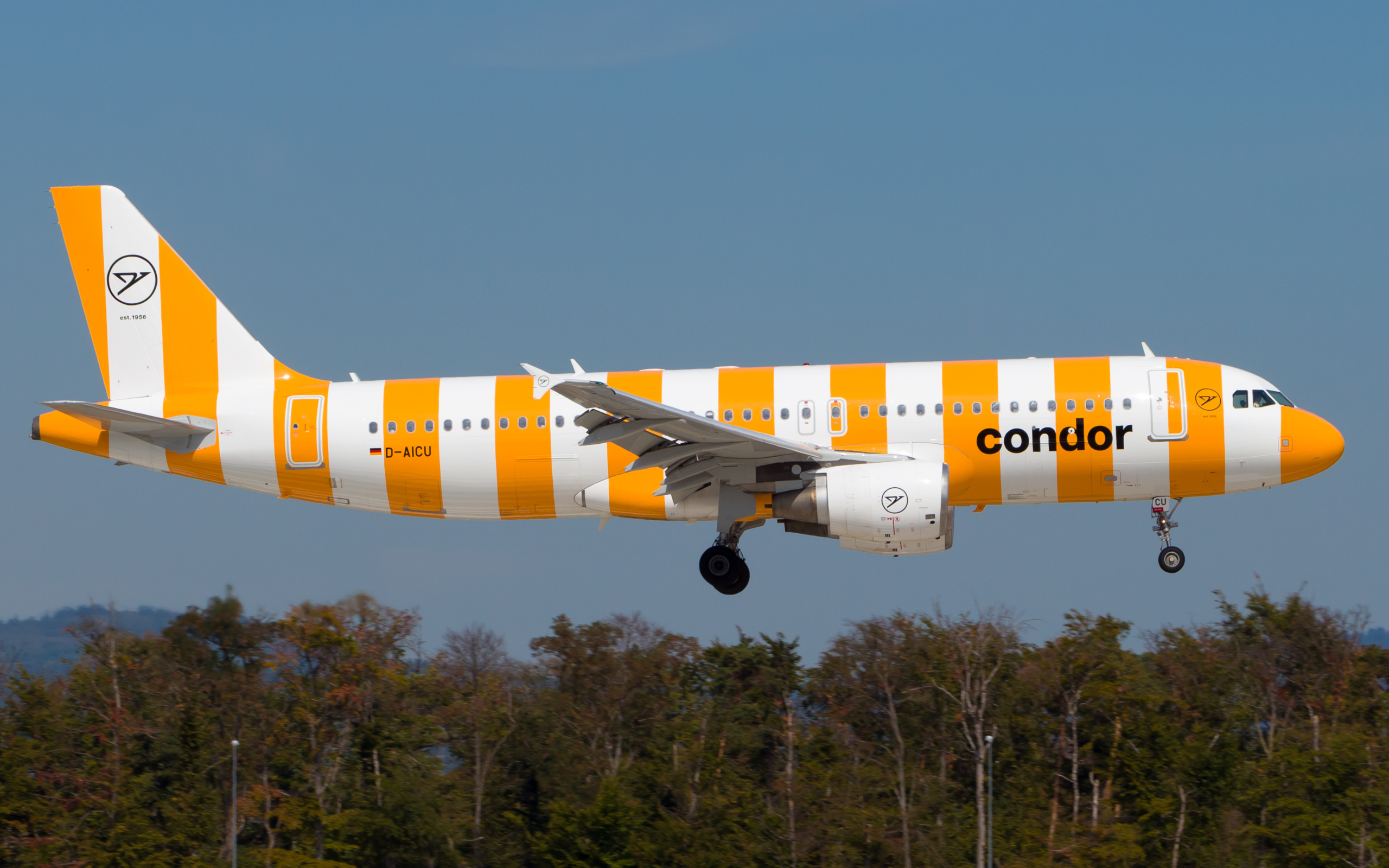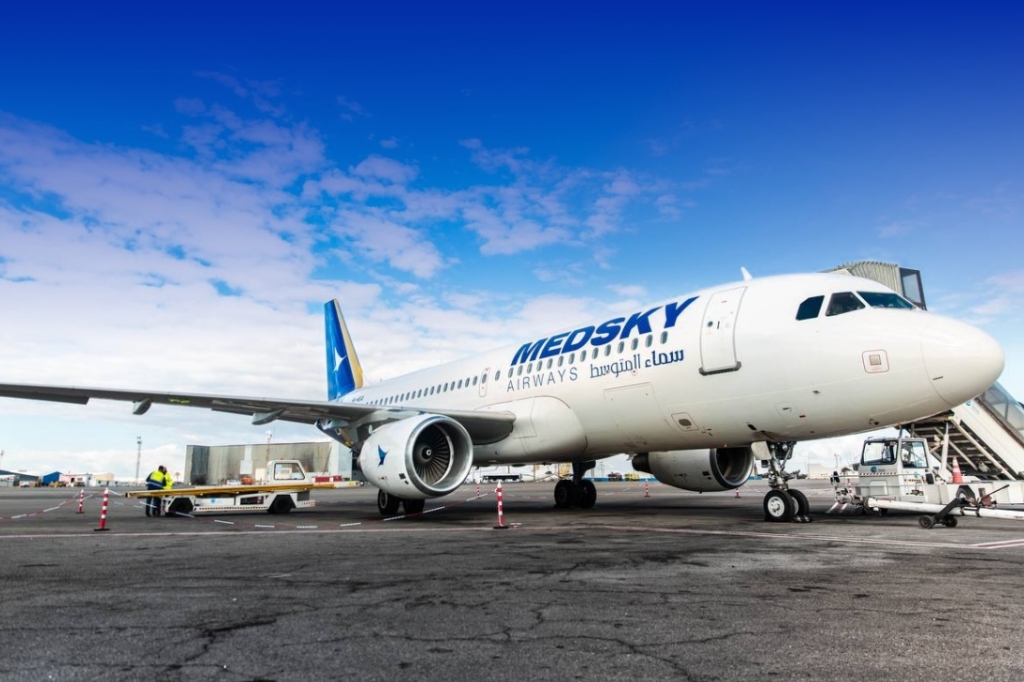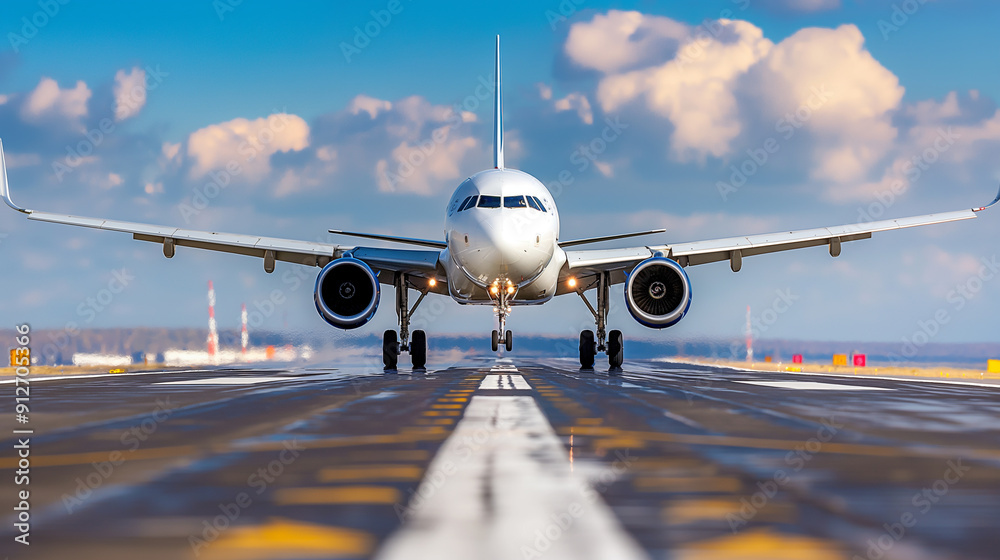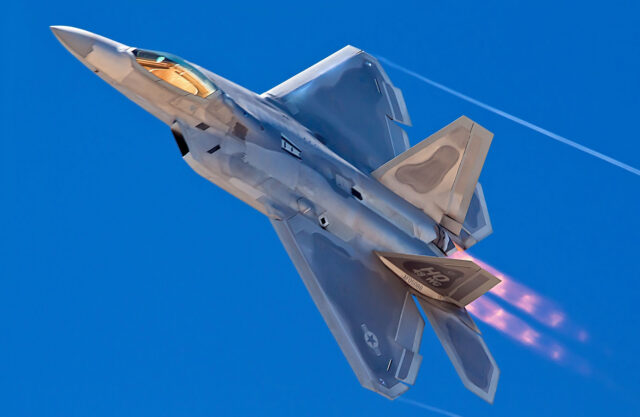Breaking: Airbus grounds over 6,000 A320 aircraft amid solar radiation risk

November 28, 2025

Airbus has urged airlines operating A320 family aircraft to take swift protective measures after engineers uncovered a rare but serious susceptibility to intense solar activity.
The move follows an incident involving an A320 family jet in which elevated solar radiation levels were found to interfere with data fundamental to the aircraft’s flight-control architecture, prompting an immediate technical response.
Intense solar radiation can result from powerful explosions in the solar system. Depending on the class and intensity of the flare, the energy can travel at the speed of light, reaching the earth’s atmosphere within minutes.
Intense flares can also disrupt radio communications that pass through the atmosphere, such as those from aircraft communication systems.
JetBlue flight incident sparks review
Airbus released a statement on Friday 28 November, noting that: “Analysis of a recent event involving an A320 Family aircraft has indicated that elevated solar radiation may compromise data critical to flight control functionality.”
The event in question occurred on 30 October, when a JetBlue Airways A320 experienced an abrupt loss of altitude. The incident resulted in injuries to at least 15 passengers and forced the aircraft to make an emergency landing in Florida.
Investigation points to solar-radiation data vulnerability
The manufacturer’s inquiry determined that extreme solar radiation can impact specific onboard data channels, with the potential to impair flight-control functionality.

Airbus’ technical teams concluded that a considerable share of the active A320 fleet could, under comparable circumstances, face the same exposure risk.
To counter the hazard, Airbus has released an Alert Operators Transmission (AOT) – a notice reserved for situations requiring rapid, mandatory operator action.
The bulletin instructs carriers to apply the relevant software updates and, where necessary, integrate hardware safeguards designed to prevent radiation-related corruption of critical flight-control data.
EASA preparing emergency directive
The European Union Aviation Safety Agency (EASA) has now formalised the measures through an Emergency Airworthiness Directive (EAD). These directives are uncommon and deployed only when regulators determine an urgent need to implement corrective action across all affected aircraft.

The EAD will obligate operators to carry out the specified updates before aircraft can remain in commercial service. Depending on fleet size, maintenance bandwidth, and scheduling, airlines may experience short-term operational impacts during the rollout.
#EASA has issued an Emergency Airworthiness Directive (EAD) for the @Airbus A320 family. This may unfortunately cause disruption to flight schedules and inconvenience to passengers. As is always the case in aviation, safety is paramount. https://t.co/Kh73onP2ZO
— EASA (@EASA) November 28, 2025
Airbus warns of significant disruptions
Airbus has acknowledged that the required inspections, modifications, and system updates are likely to cause temporary schedule challenges for carriers, including possible delays, aircraft downtime, and reduced capacity. The company expressed regret for the inconvenience and underscored the rationale behind the rapid action.
“Safety remains our number one and overriding priority,” Airbus said, noting that it is working closely with airlines and regulators to ensure continued fleet safety.
Operators around the world are now evaluating the extent of the work needed, with several preparing dedicated maintenance teams to begin immediate implementation as soon as formal instructions are issued.
This is a breaking news story – we will update it as details emerge
Featured image: WikiCommons
















